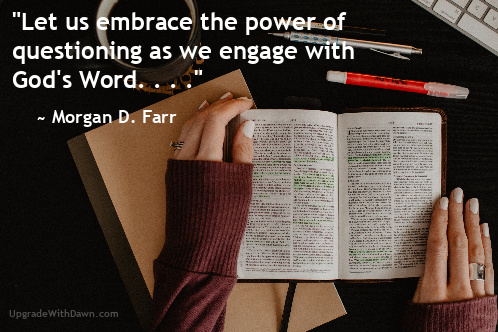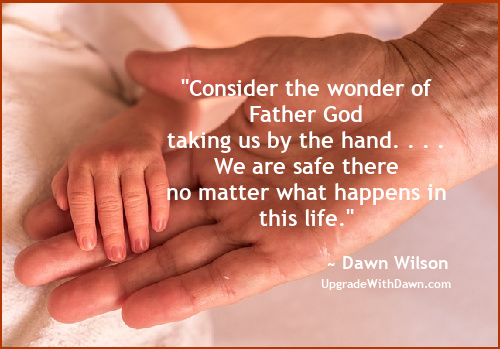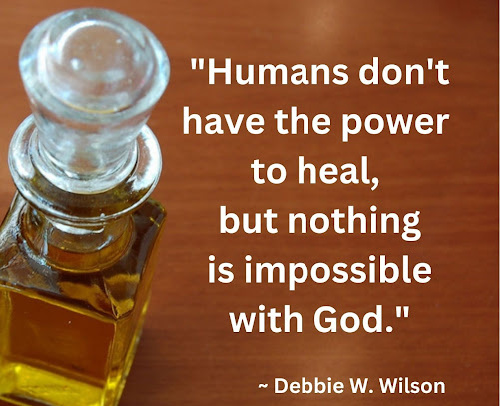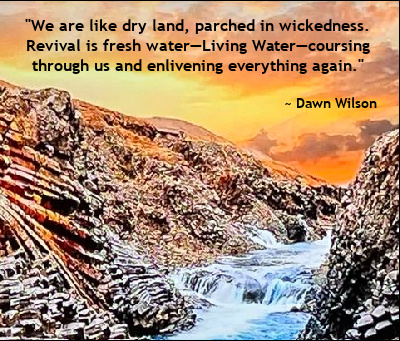Upgrade Your Bible Study
Morgan Farr has a unique way of crystalizing concepts for greater effectiveness, and she uses it well in her teaching. In this Bible Study UPGRADE, she encourages a three-step approach to upgrading our time in God's Word. "There are more than 80,100,000 search results on Google when you type in 'Bible study,'" Morgan says. "Knowing how to move from a basic outline of the Bible into a true study can be intimidating!"
"There are more than 80,100,000 search results on Google when you type in 'Bible study,'" Morgan says. "Knowing how to move from a basic outline of the Bible into a true study can be intimidating!"
I (Dawn) remember when I first tried in-depth Bible study. "This is too hard!" I thought. But someone encouraged me with some practical steps—just like Morgan is encouraging us in this post.
Morgan continues . . .
Engaging in Bible study is essential for Christians to pursue spiritual growth and a deeper understanding of God's Word. While traditional study methods such as reading and reflection are valuable, an often-overlooked yet powerful tool can take our study to new heights: asking questions.
Question everything.
When the Bible mentions a unit of money or measurement, do you know what it means? If not, look it up!
Matthew 18:1-4 (ESV) says,
"At that time the disciples came to Jesus, saying, 'Who is the greatest in the kingdom of heaven?'
And calling to him a child, he put him in the midst of them
and said, 'Truly, I say to you, unless you turn and become like children [emphasis mine], you will never enter the kingdom of heaven.
Whoever humbles himself like this child is the greatest in the kingdom of heaven.'"
Do you know what kids do more than just about anything else? They ask a TON of questions.
And we should too!
By harnessing the transformative potential of questions, we can unlock profound insights, deepen our faith, and develop a more personal and vibrant relationship with our Creator.
The way that we do this is by remembering to A.S.K.
1. ANALYZE what you take in.
As Christians, we are called to be discerning in our spiritual journeys. When studying the Bible, we must analyze what we take in.
By asking questions about the sources we rely on, the interpretations we encounter, and the teachings we absorb, we can ensure that we are rooted in sound doctrine and biblical truth.
Questioning the information's accuracy, context, and reliability, guards us against falsehoods. It cultivates a foundation built on the rock of God's Word rather than hearsay or, worse, false teachings.
We can also better understand any biases that teachers, authors, or even we ourselves might.
Don't be afraid to ask questions.
2. STUDY the text for yourself.
While listening to sermons and participating in group discussions are valuable aspects of our spiritual growth, personal engagement with the Bible is crucial.
By studying the text for ourselves, we enter into a direct encounter with God's Word.
Asking questions helps us explore the context, historical background, and original intent behind the Scriptures. It allows us to discover the nuances and richness of the text, enabling a deeper understanding and personal application.
As we wrestle with the text through questioning, we build a solid foundation of knowledge, conviction, and faith to withstand the world's challenges.
3. KNIT it together with prayer.
Prayer is an essential component of any Christian's spiritual journey, and it also plays a vital role in Bible study.
As we ask questions, we must also cultivate a prayerful dependence on the Holy Spirit.
By inviting God into our study through prayer, we acknowledge His authority as the ultimate teacher and seek His guidance.
Prayer knits together our studies, teachings, and the resources we use.
By integrating the practices of analyzing what we take in, studying the text for ourselves, and knitting our study together with prayer, we can significantly upgrade our Bible study experience.
Questions catalyze discernment, personal relationship with Christ, and reliance on the Holy Spirit.
Let us embrace the power of questioning as we engage with God's Word, allowing it to transform our lives, deepen our faith, and draw us closer to our loving Creator.
Which of the parts of "A.S.K." is missing from your Bible study? How might incorporating that missing piece enhance your current study?
If you are already analyzing, studying, and praying in your Bible study, consider sharing the A.S.K. concept with someone who is struggling.
 Morgan Farr is a succulent-cultivating book nerd and aspiring author. She spends her days homeschooling her four young children and training her working dogs. As an Army wife, Morgan has learned to lean heavily on Jesus as she walks out military life. She is the Director of Publishing at Planting Roots, the Graphic Designer for Mission:Milspouse, and is heavily involved in her local PWOC and military chapel.
Morgan Farr is a succulent-cultivating book nerd and aspiring author. She spends her days homeschooling her four young children and training her working dogs. As an Army wife, Morgan has learned to lean heavily on Jesus as she walks out military life. She is the Director of Publishing at Planting Roots, the Graphic Designer for Mission:Milspouse, and is heavily involved in her local PWOC and military chapel.
Graphic adapted, courtesy of Kelly Sikkema at Unsplash.
 Post a Comment → Posted on
Post a Comment → Posted on  Tuesday, July 25, 2023 at 9:33AM
Tuesday, July 25, 2023 at 9:33AM  Bible study,
Bible study,  Morgan Farr,
Morgan Farr,  Prayer in Bible Study,
Prayer in Bible Study,  Study the Word,
Study the Word,  Upgrade Your Bible Study,
Upgrade Your Bible Study,  Upgrade with Dawn Upgrade Your Life
Upgrade with Dawn Upgrade Your Life  Bible Study
Bible Study 











